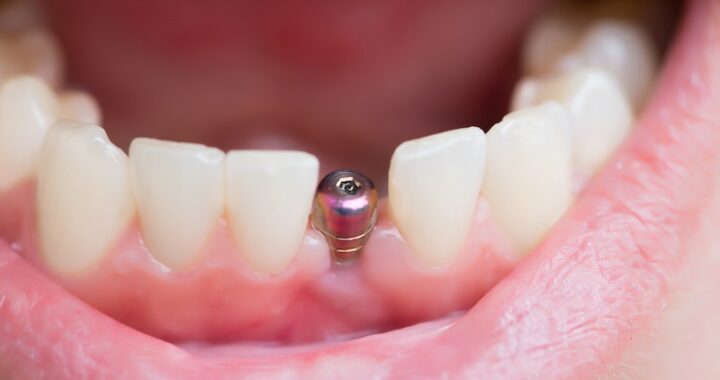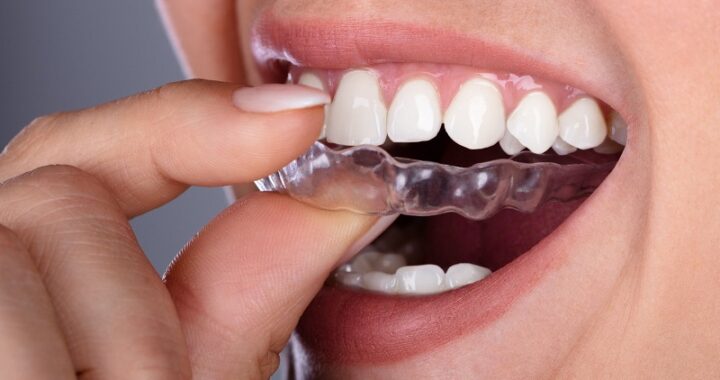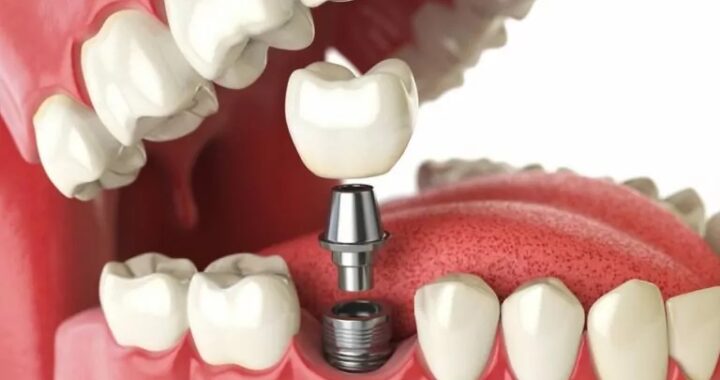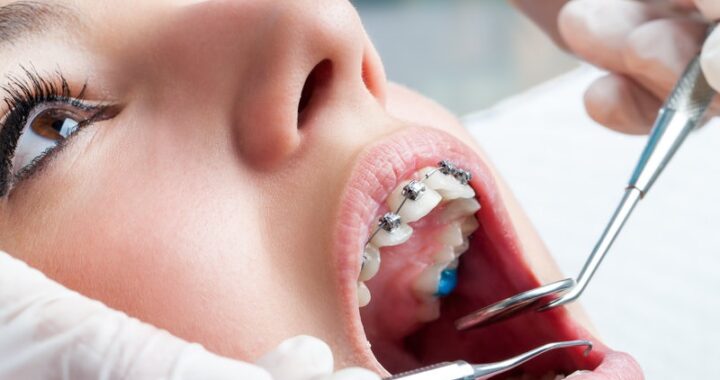The Root Canal Procedure: What to Expect

Unrecognizable dentists performing dental drill procedure on young woman. 951912702 candid, adult, care, Caucasian, dental drill, dental equipment, dental hygiene, dental hygienist, dentist, examining, female, healthcare and medicine, healthy lifestyle, human teeth, indoors, lifestyle, medical exam, medical procedure, medicine and science, mouth open, only women, patient, people, protective gloves, surgical mask, toothache, visit, white, woman, work tool, working, young adult, three people, group of people, small group of people
The necessity for a root canal is a regular dental operation, but it might be frightening when you have had good oral hygiene for most of your life and require one at once. To calm you down, we will explain a root canal and how it is typically carried out.
How do root canals work?
You can save your natural tooth by performing a root canal while repairing the damage to the tooth’s roots. When the soft tissue within and around one of your teeth develops an infection or inflammation, a root canal is required.
Your tooth will be sealed throughout the process to prevent the entry of new bacteria. The damaged tissue will be removed.
The length of a root canal surgery might range from 90 minutes to three hours, depending on the severity of the injury. Most root canal procedures can be completed in a single dentist visit, but others may necessitate two. Both Fullerton family dentist and endodontists are capable of doing root canal procedures, but endodontists have received more specific training in this area.
How can I tell whether I require a root canal?
Every tooth in your mouth has a pulp, the live tissue found inside the root that attaches the tooth to your bone and gums. Blood veins, connective tissue, and nerves are all present in the pulp, which is significant. But that pulp can be harmed in a number of ways, such as:
- If a tooth of yours is broken or chipped.
- If you’ve undergone frequent dental procedures on your teeth.
- If you become infected as a result of a tooth with numerous cavities.
In order to ensure that the natural tooth is spared, the root canal first removes any unhealthy or damaged tissue. A serious tooth infection that spreads to your gum line and adjacent teeth in your mouth without a root canal can harm you. Even worse, major infections may damage your teeth and spread to other parts of your body through your blood.
Dental Care After Your Root Canal
Before a crown can be applied to your tooth to complete the procedure, it can take a few weeks. It’s crucial to restrict your diet to softer foods during that time to prevent tooth damage. To prevent food particles from accumulating in the tooth during this period, rinse with warm salt water.
Following your procedure, you should maintain the health of your teeth by maintaining regular oral hygiene.


 One-Person Wonder: Making Waves in the Massage Industry in Gunma
One-Person Wonder: Making Waves in the Massage Industry in Gunma  How Cataract Surgery in Nashville Improves Vision and Quality of Life
How Cataract Surgery in Nashville Improves Vision and Quality of Life  Maintaining Oral Health: The Role of Dentists in Richmond
Maintaining Oral Health: The Role of Dentists in Richmond  How to Choose the Best Implant Dentist in Sheffield: A Guide
How to Choose the Best Implant Dentist in Sheffield: A Guide  How Invisalign is Revolutionising Orthodontics in London
How Invisalign is Revolutionising Orthodontics in London  Exploring the Benefits of Dental Implants for Missing Teeth
Exploring the Benefits of Dental Implants for Missing Teeth  Veneers: A Popular Cosmetic Solution for a Beautiful Smile in London
Veneers: A Popular Cosmetic Solution for a Beautiful Smile in London  Understanding the Revolution in Dentistry: Dental Implants
Understanding the Revolution in Dentistry: Dental Implants